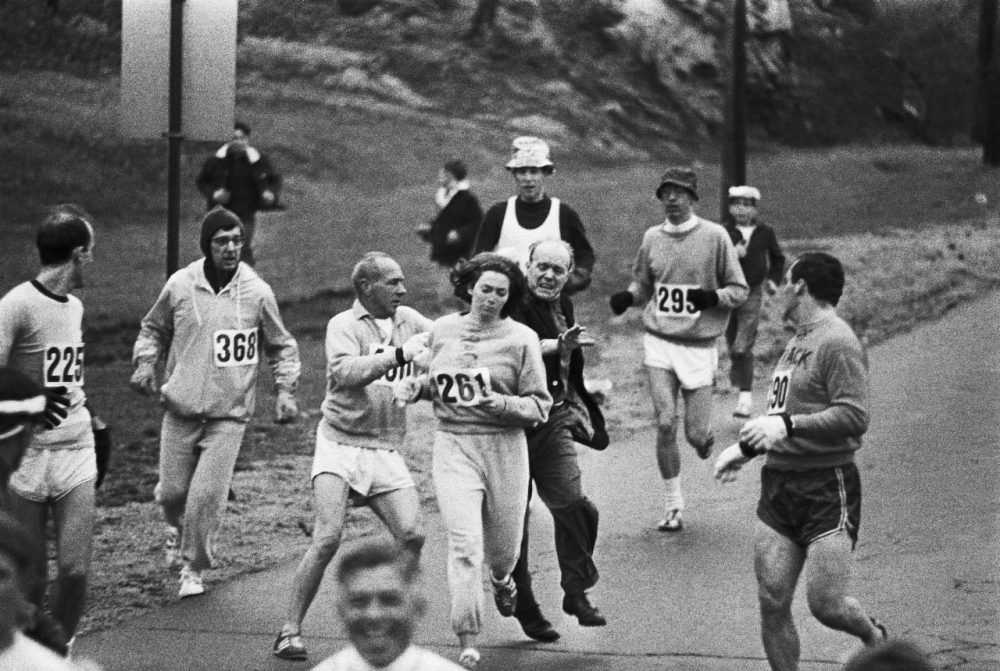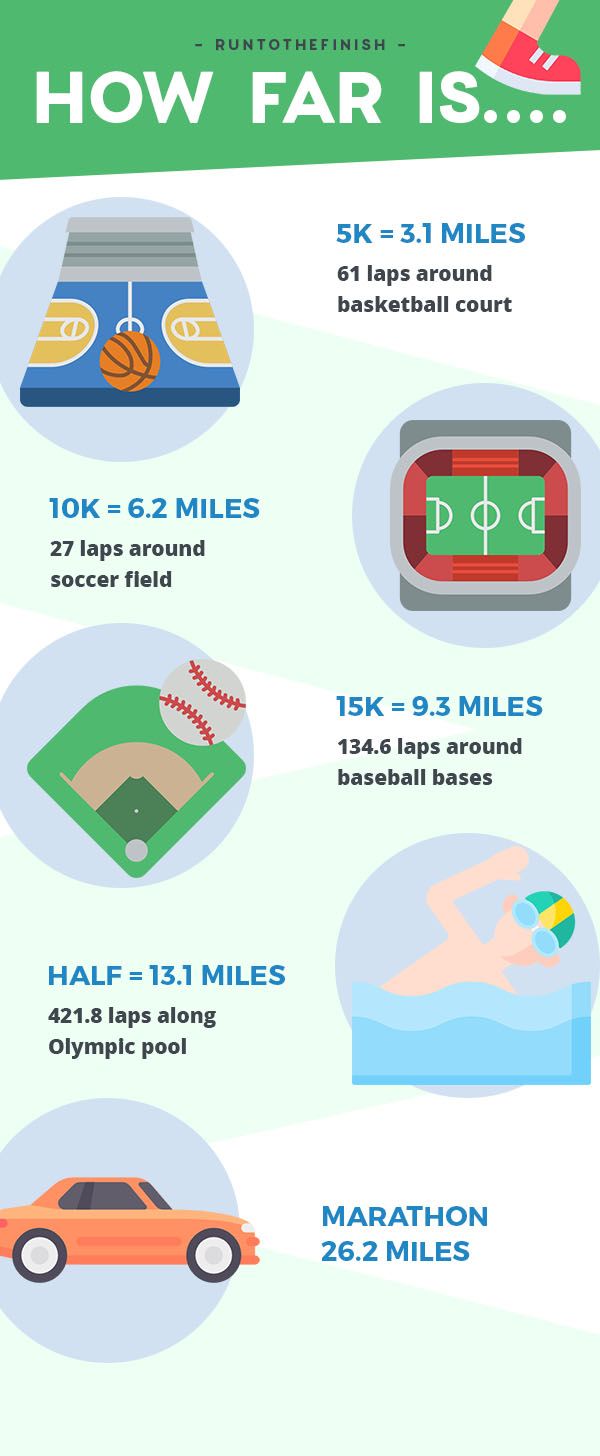Are You Allowed to Stop in a Marathon
Yes, you are allowed to stop in a marathon. Runners may stop for various reasons.
Marathons are long-distance races that challenge participants both physically and mentally. It is common for runners to stop during a marathon, whether to hydrate, stretch, or address any discomfort. Stopping briefly can help runners regroup and continue the race with renewed energy.
Regulations typically allow for breaks as long as they do not impede other participants. Understanding when and how to stop strategically can be beneficial in pacing oneself and ensuring a successful finish. Whether a brief pause or to address an issue, stopping during a marathon is a common practice among runners aiming to reach the coveted finish line.
1. Marathon Etiquette
Welcome to our discussion on marathon etiquette. As runners, it’s important to understand the unwritten rules that govern our behavior during these events. Whether you’re a seasoned marathon veteran or a first-time participant, knowing the proper etiquette can make the experience more enjoyable for everyone involved.
1.1. General Rules On Stopping
When it comes to stopping during a marathon, there are some general guidelines that all runners should follow. It’s essential to understand that stopping is allowed, but it’s important to be mindful of the way you do it. If you need to stop for any reason, try to move to the side of the course to avoid obstructing other runners. This will help maintain the flow of the race and ensure that no one is impeded by your brief pause.
1.2. Consideration For Fellow Runners
Consideration for your fellow runners is paramount when it comes to marathon etiquette. If you must stop, be sure to signal your intent to do so, either through verbal communication or by using hand signals. This will alert those around you and help prevent any accidents or collisions. Additionally, be aware of your surroundings and make sure that you’re not stopping in a place that could pose a hazard to others. Always prioritize the safety and comfort of your fellow runners when making the decision to stop during a marathon.

Credit: www.facebook.com
2. Reasons To Stop In A Marathon
Marathons are grueling tests of endurance, but there are valid reasons why a runner may need to stop during the race.
2.1. Physical Reasons
- Dehydration can lead to muscle cramps and dizziness.
- Overexertion can cause fatigue and muscle strains.
- Blistered feet from improper shoe fitting.
- Severe nausea and vomiting due to exertion.
2.2. Safety Concerns
- Injury risks increase if pushing through pain.
- Heat exhaustion can be life-threatening.
- Impaired coordination can lead to falls.
- Ignoring chest pain can be dangerous.
3. Stopping Vs. Slowing Down
3. Stopping vs. Slowing Down
3.1. Understanding the difference3.1. Understanding The Difference
Stopping in a marathon means coming to a complete halt, while slowing down involves reducing your pace.
Stopping can disrupt your momentum, whereas slowing down allows you to catch your breath and continue.
3.2. Impact on performance3.2. Impact On Performance
Stopping can negatively affect your overall performance, causing a significant decrease in speed and endurance.
Slowing down, on the other hand, can help you conserve energy and maintain a steady pace throughout the race.

Credit: www.runinrabbit.com
4. Techniques For Efficient Stopping
When running a marathon, efficient stopping techniques can play a crucial role in your overall performance. Whether it’s for a quick water break or addressing a sudden discomfort, knowing how to stop effectively can make a significant difference in your race. Here are some techniques for efficient stopping:
4.1. Finding A Suitable Spot
Identifying a suitable spot to stop during a marathon is essential. Look for designated water stations or areas with ample space on the side of the course. Avoid abruptly stopping in the middle of the path to prevent obstruction for fellow runners.
4.2. Quick Recovery Strategies
After stopping, it’s important to have quick recovery strategies in place to minimize the impact on your race time. Utilize techniques such as controlled stretching, deep breathing, or a short walk to help your body recover and get back into your running rhythm seamlessly.
5. Training To Minimize Stopping
Training to minimize stopping is an essential part of marathon preparation. By building stamina and endurance, as well as practicing regular fueling and hydrating, you can significantly reduce the need to stop during a marathon. In this section, we will explore effective training strategies to help you stay energized and avoid unnecessary breaks.
5.1. Building Stamina And Endurance
Building stamina and endurance is crucial to minimize stopping during a marathon. Incorporate long runs into your training schedule to gradually increase your distance and improve your cardiovascular capacity. Begin with shorter distances and gradually add more miles each week.
In addition, interval training can help you build speed and endurance. Alternating between intense bursts of running and recovery periods will improve your overall stamina. By pushing your limits during training, you’ll be better prepared to handle the demands of a marathon without the need to stop.
5.2. Practicing Regular Fueling And Hydrating
Proper fueling and hydration are essential for marathon success. By practicing regular fueling and hydrating during training, you’ll train your body to efficiently utilize energy and maintain hydration levels. This will help prevent fatigue and minimize the likelihood of needing to stop during the race.
During long runs, consume a balanced combination of carbohydrates, proteins, and fats to provide your body with sustained energy. Experiment with different fueling options, such as energy gels and sports drinks, to find what works best for you. Remember to listen to your body’s signals and refuel as needed.
Hydration is equally important. Drinking water regularly throughout your runs will help you maintain optimal hydration levels. Practice drinking from cups or bottles while running to simulate race conditions and improve your ability to hydrate on the go.
By focusing on building stamina and endurance, and practicing regular fueling and hydrating, you’ll be better equipped to minimize stopping during a marathon. These training strategies will not only help you stay energized but also ensure you can maintain your pace from start to finish.

Credit: www.cnyhistory.org
Frequently Asked Questions Of Are You Allowed To Stop In A Marathon
Can You Stop To Rest On A Marathon?
Yes, you can stop to rest on a marathon. Resting during a marathon is allowed as long as you do not exceed the specified time limit. It is important to pace yourself and listen to your body’s needs to prevent injuries and fatigue.
Do People Quit During Marathons?
Yes, some people do quit during marathons due to various reasons such as exhaustion, injury, or dehydration.
Can You Stop And Go To The Bathroom During A Marathon?
Yes, you can stop and go to the bathroom during a marathon. Many races have porta-potties along the route for runners’ convenience. It’s important to plan your bathroom breaks strategically to avoid disrupting your pace.
Conclusion
In the end, the decision to stop during a marathon is a personal one. It’s important to listen to your body, and know your limits. Whether you choose to stop or push through, remember that finishing a marathon is a remarkable achievement.
Keep training, stay focused, and enjoy the journey!





